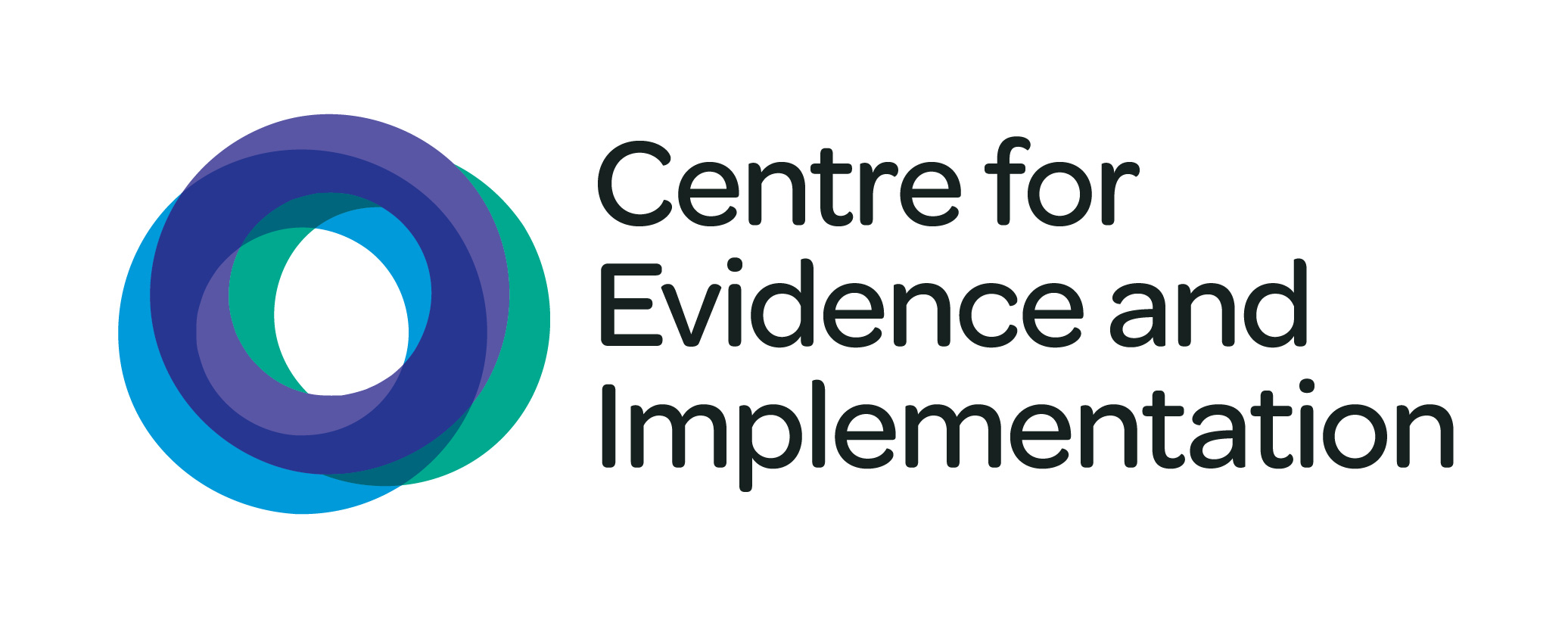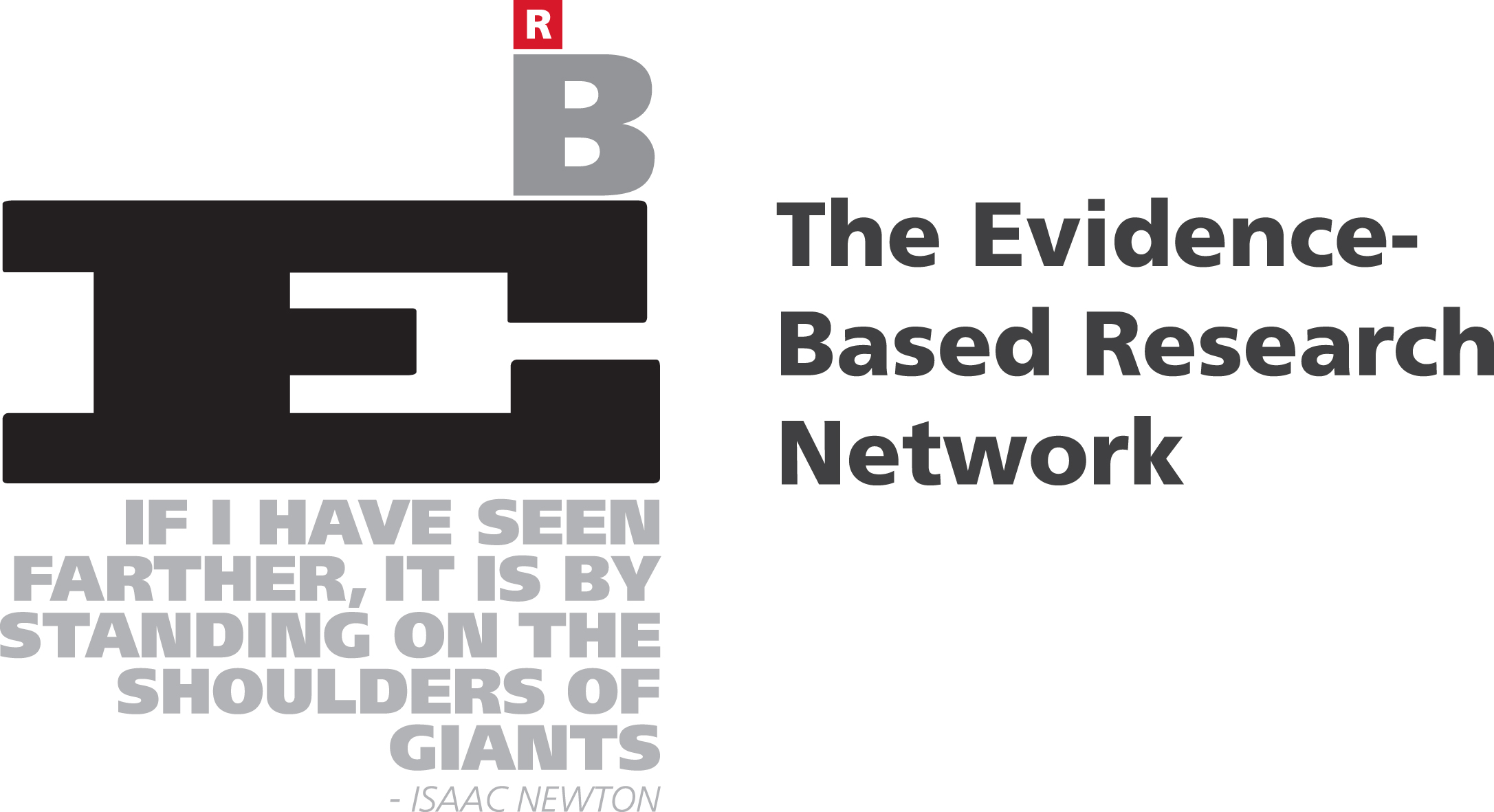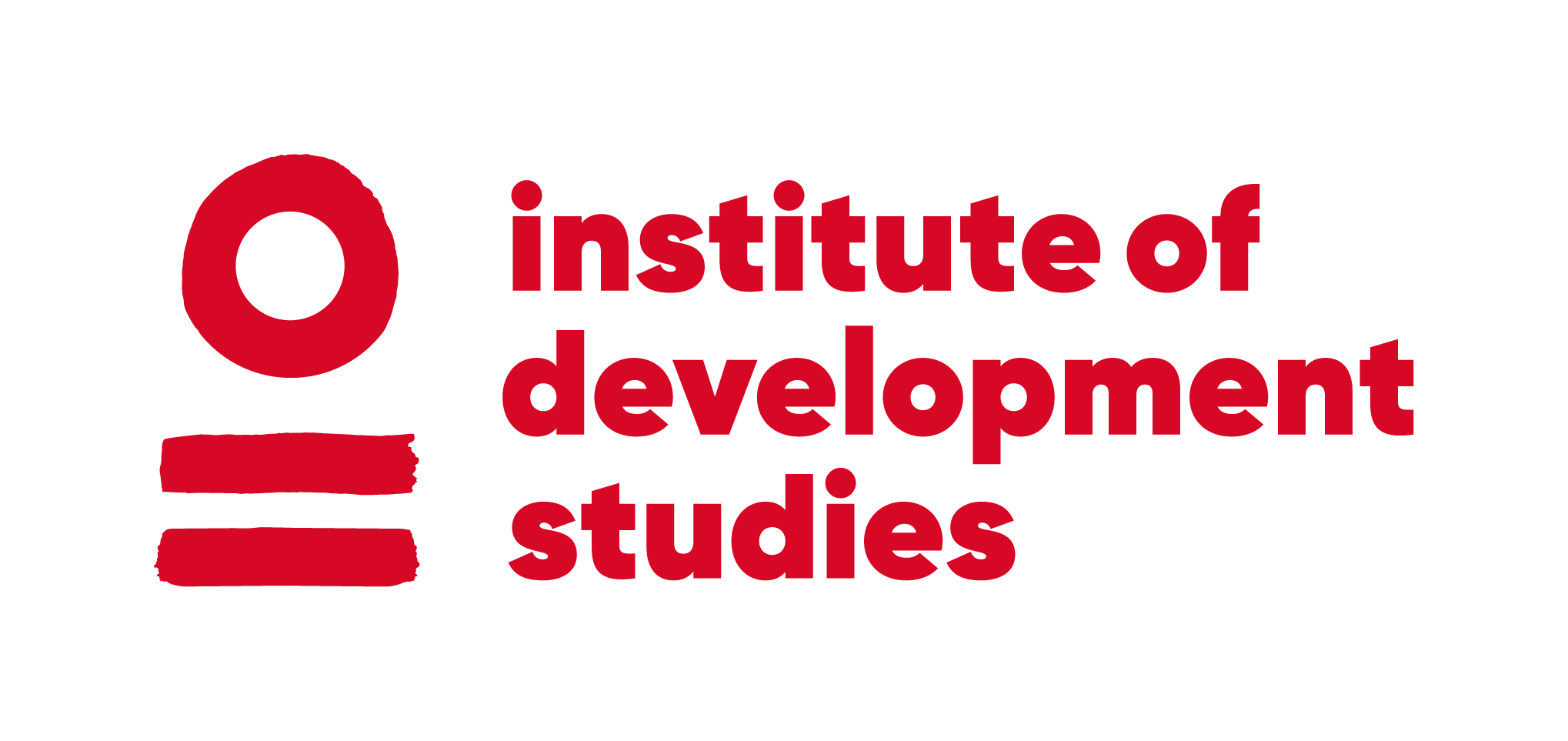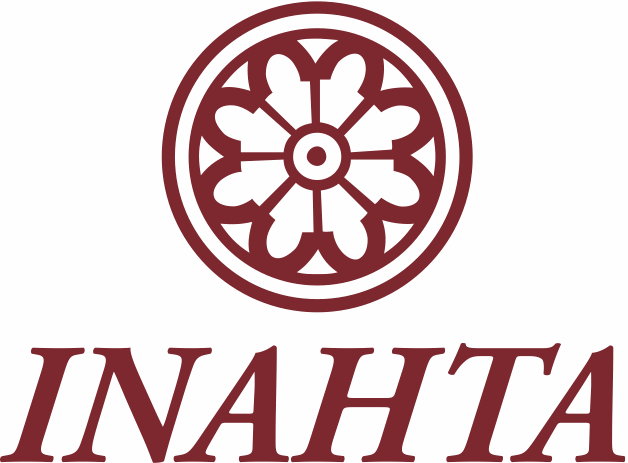Programme Partners & Co-Sponsor
Programme Partners and Co-Sponsor
The Global Evidence Summit (GES) is a quadrennial event that brings together some of the world’s leading organisations in evidence-based practice in a shared mission to provide a platform to discuss critical issues across different sectors, including health, education, social justice, the environment, and climate change. The four main organising partners are joined by six influential programme partners and a co-sponsor who will also support and facilitate communication and collaboration between all those working on the synthesis, dissemination, and implementation of evidence to promote evidence-based decision-making worldwide. These partners are committed to the GES theme of ‘Using evidence. Improving lives’ to contribute to the success of the summit and the overall scientific programme.
Co-Sponsor
WHO is the United Nations agency that connects nations, partners and people to promote health, keep the world safe and serve the vulnerable – so everyone, everywhere can attain the highest level of health. From our Geneva Headquarters to our 6 regional offices, 150 country offices and other offices around the world, WHO plays an essential role in improving local health systems and coordinating the global response to health threats.
The WHO Science Division harnesses the power of science and innovation. It provides global leadership in leveraging the best scientific evidence to improve health and promote health equity for all. Its mission is to ensure that Member States are able to call on the best of science and innovation to achieve the health-related Sustainable Development Goals.
“In this increasingly complex world, timely and trusted scientific evidence plays a crucial role in addressing global health and broader societal concerns. The Global Evidence Summit will bring together diverse partners to help us reach our goal of health for all.”
Sir Jeremy Farrar, Chief Scientist, World Health Organization
Programme Partners
The American Institutes for Research (AIR) Equity Initiative is a five-year, $100M+ investment that focuses on behavioral and social science research and technical assistance. The goal of the initiative is to address the underlying causes of systemic inequities and increase opportunities for people and communities. It aims to make a substantive improvement in the lives of workers, students, and communities by focusing on four key areas: educational equity, workforce development, justice in public safety and policing, and community health and well-being. Through our funding, we harness the power of research, evaluation, technical assistance, and partnerships to foster a more equitable society where all communities and people can thrive.
CEI envisions a world where people can improve their lives through support that is equitable and effective. We are a global, for-purpose evidence intermediary and advisory organisation dedicated to using the best evidence in practice and policy to improve the lives of people facing adversity.
A multi-disciplinary team with offices in London, Melbourne, Oslo, Singapore and Sydney, we collaborate with researchers, policymakers and practitioners. Our methods are rigorous, we are independent and transparent, and we focus on making change in the real world.
CEI has worked on more than 275 projects – in fields including education, health and mental health, family and community services and international development – across nearly 20 countries.
The Evidence-Based Research Network, an international not-for-profit organization hosted at the Western Norway University of Applied Sciences, promotes the use of prior research to inform a new study so that it is answering questions that matter in a valid, efficient and accessible way. Established in 2014, the founding principles were “ No new research studies without prior systematic review of existing evidence” and “ Efficient production, updating, and accessibility of systematic reviews”. The EBRNetwork includes and engages with researchers, health consumers or patients, funders, publishers and other stakeholders in the research environment. The EBRNetwork conducts research, advocates for, and provides training to promote the transparent and systematic use of evidence to inform decisions about research.
GRADE working group was founded in 2000 as an informal collaboration of people with an interest in addressing the shortcomings of grading systems in health care. The acronym GRADE stands for The Grading of Recommendations Assessment, Development and Evaluation. The working group has developed a common, sensible and transparent approach to grading quality (or certainty) of evidence and strength of recommendations. Many international organizations have provided input into the development of the GRADE approach which is now considered the standard in guideline development. Important mission of GRADE is also to provide the training, promotion, dissemination and implementation of GRADE approach worldwide. To achieve that, there are established 14 GRADE centers and 7 networks.
GRADE centers and networks develop effective actions to spread the use of GRADE methodology in health guidelines and systematic reviews through advocacy, training and support of guideline developers and review authors; provide methodological support to national, regional, or professional organizations and guideline development programs; and conduct workshops and graduate courses on GRADE application.
The Institute of Development Studies (IDS) delivers world-class research, learning and teaching that transforms the knowledge, action and leadership needed for more equitable and sustainable development globally.
Through equitable and sustainable partnerships, we work with governments, philanthropic foundations, non-governmental organisations, academics and civil society to transform approaches to progressive social, political and economic change in ways that ultimately make a difference to people’s lives.
IDS, in partnership with the University of Sussex, has been named best in the world for Development Studies in the QS World University Rankings by Subject 2023 for the seventh year in a row.
Founded in 1993, INAHTA is the international network of publicly-funded HTA agencies that connect evidence and policy for better health. Our members have links to regional and national governments to support health system decision making that impacts over 1 billion people in 30 countries around the globe. INAHTA leads the production of the international HTA Database, and co-governs the HTA Glossary with HTAi, among other initiatives within the international HTA community. To learn more about INAHTA, visit [www.inahta.org] www.inahta.org. Follow us on Twitter @INAHTA_Network.







